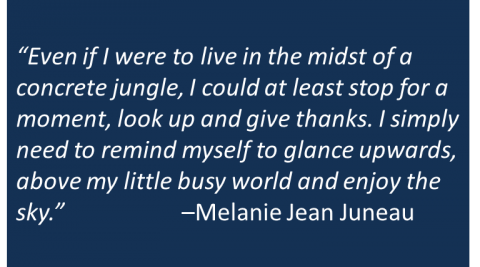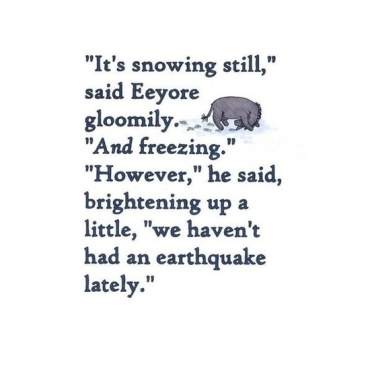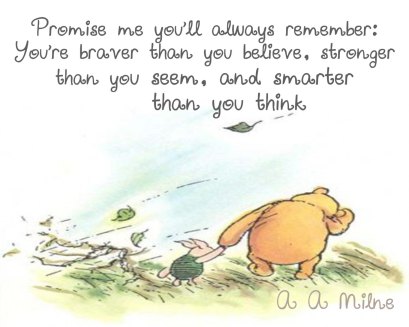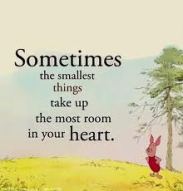Mental Health.
Well I want to yell from the roof tops that just like a person with poor eyesight needs glasses and a diabetic needs insulin, some very ordinary people have a chemical imbalance and need prescription drugs.
How IS Your Mental Health? Eh?
Reading this some people might laugh off the implication that there is anything wrong with them, others might nervously skim the rest of this post. This question is far from ridiculous,though. Have you taken a good look around lately? What do you see and hear?
The whole atmosphere of modern society is stressful because people are anxious about the economy and their job security. They have problems sleeping or self medicate with alcohol, drugs and cigarettes to help 'take the edge off'. More and more sick days are the result of depression and other mental health issues. However it never enters most people's minds to seek professional help until they are in a crisis or even must be committed. There still is s stigma attached to mental illness.
Most of us who do seek help, gloss over our issues saying we go for counselling because the labels are so damning."Post traumatic stress disorder, restless leg syndrome, depression, anxiety, sleep disorder, paranoia, panic attacks.... the labels are a terrible stigma. Often people become ashamed and it is no wonder that they do.
People usually cannot understand these unseen illnesses. So they simply fall back on age-old admonishments,
"Pull your self up by the boot straps.
Just push yourself.
Don't be lazy. What's wrong with you, anyway?
You seem fine to me!"
Well I want to yell from the roof tops that just like a person with poor eyesight needs glasses and a diabetic needs insulin, some very ordinary people have a chemical imbalance and need prescription drugs.
It is that simple.
No shame.
No guilt.
A simple matter of serotonin levels. Anxiety and/or depression is merely a wake-up call for us to seek counselling and open our mental closets, setting shadows free.






















.jpg)










